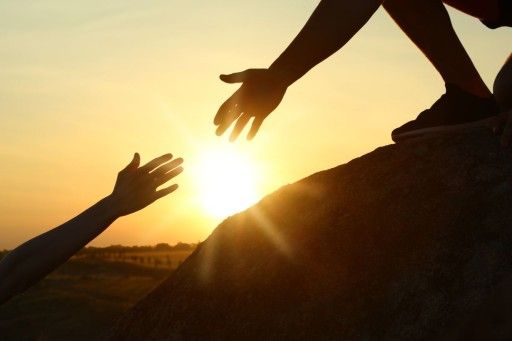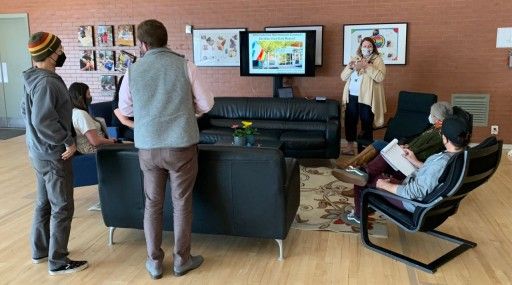Updates to COVID Safety Measures, 4/11/22
The CDC’s COVID-19 Community Levels are a tool designed to help guide a community’s decision on what preventative steps to take based on the latest data. Levels can be low, medium, or high and are determined by looking at hospital bed usage, hospital admissions, and the total number of new COVID-19 cases in an area. Maps, charts, and data provided by CDC, updates every Thursday by 8 pm ET. Salt Lake County is currently showing as low (4/5/22).
We remain optimistic about the improving trend of COVID-19. Positive cases and exposures in our school community have greatly declined. We will continue to monitor the presence of COVID within our school community and be prepared to take action when needed.
In light of the current community levels, the following updates to our safety measures are being made:
Masks
- While community levels are in the low to medium range, we will move to masking being *optional for students and staff.
- All staff and students +2 years of age should always have a mask available to wear in their cubby/locker at school. In addition, parents are asked to help their child ensure they have a clean, spare mask packed daily in their backpack.
- Note, should a classroom or school wide outbreak occur we will return to masking being required for an appropriate duration.
- It is important to us that our community remains “mask-friendly”, those who still wish to wear masks are encouraged to do so.
- * The 5 day isolation and quarantine protocols require 5 additional days of masking following the return to school. People with symptoms, a positive test, or exposure to someone with COVID-19 are expected to wear a mask per guidelines.
Cohorts
For the remainder of the year we shall generally keep our classrooms separate from one another. Should an event or presentation require classes to gather together, masks may be required depending on the nature of the activity.
Field Trips/In School presentations
Masks are not required while on school transportation or while riding with parent chaperones. Depending on the destination’s venue or activity, masks may be required.
Drop Off
Drop-off outside the building has been a great success. We have seen an increase in the children’s confidence and independence and the transition into the school day has gone smoothly. Thus we have decided to continue this for the remainder of the current school year.
COVID Testing
When COVID symptoms occur it remains important that students not come to stay home and seek testing. The UDOH sponsored school testing program has resumed its supply of test kits to schools. These now include at home kits. While supplies last, we will be able to provide parents with an at-home test if they need one when their student is sent home from school with COVID symptoms.
These updates go into effect April 11th.
In the weeks following April 11 we shall evaluate how these modifications impact our community. In addition, we will be examining the suitability of providing parents access to enter the school for pick-up and drop-off outside of school day arrival and dismissal times.
While many of us will be able to relax the safety precautions we have been taking since the start of the pandemic, we know others in our community do not have that option. The elderly, people who are immunocompromised, and those with disabilities are still at high risk for serious COVID-19 illness. We encourage all members of our community to keep their safety in mind.









